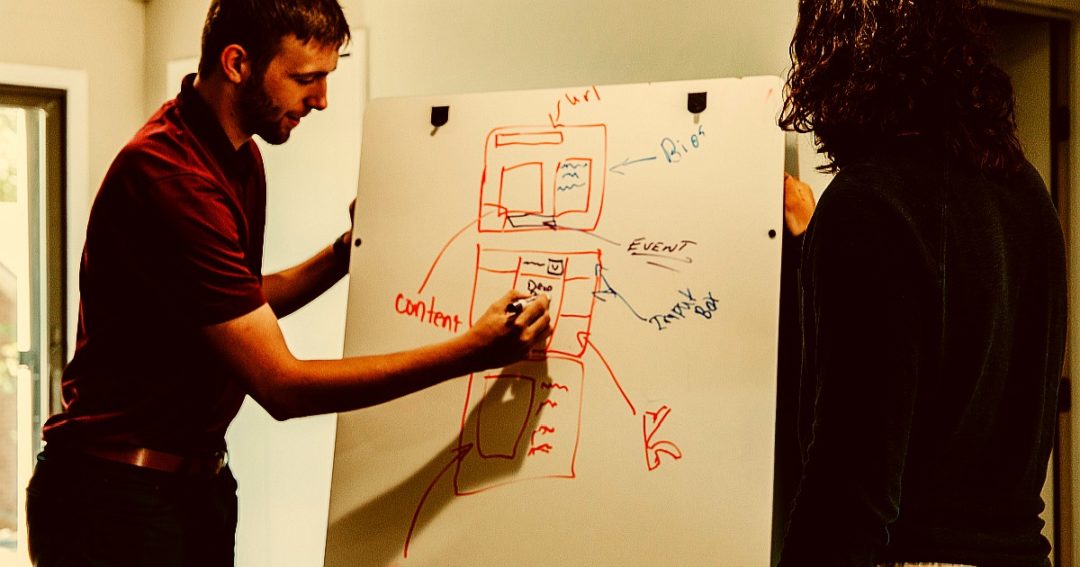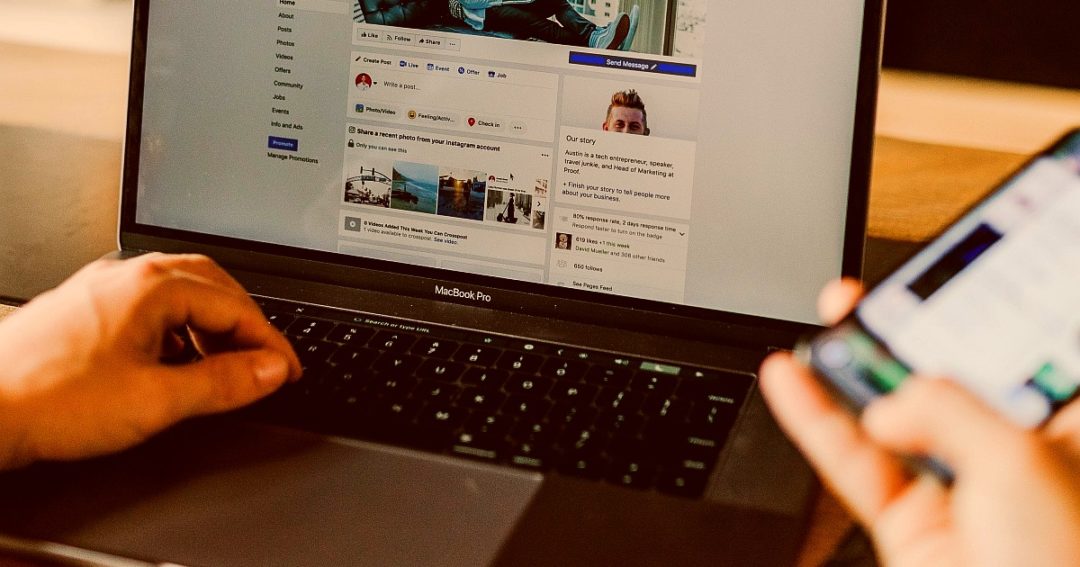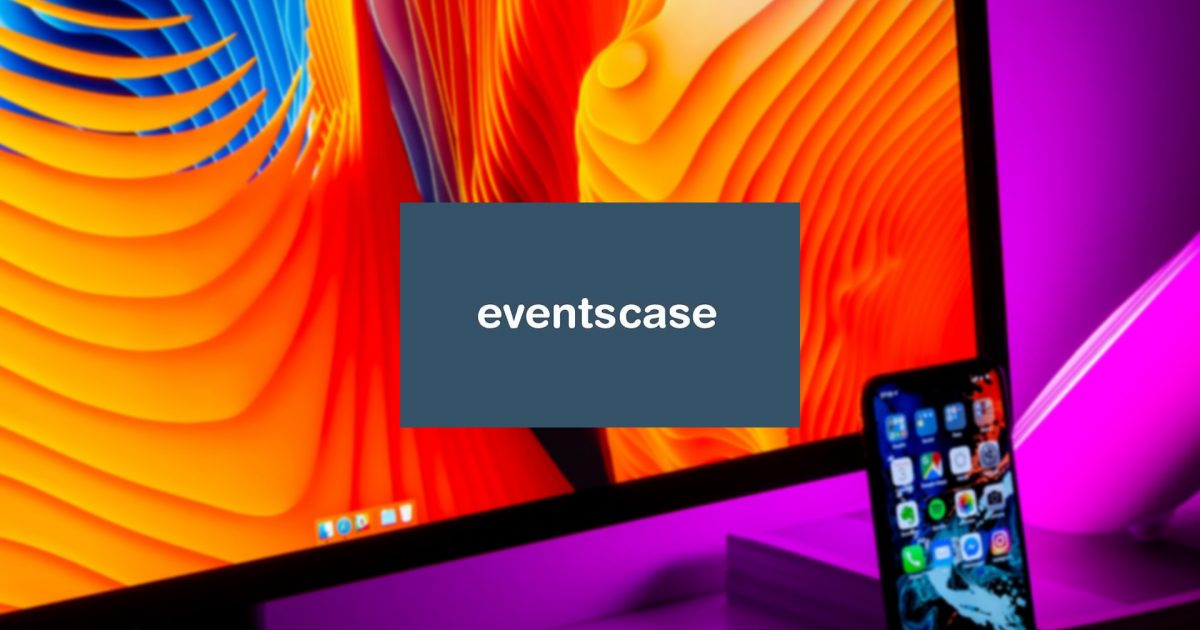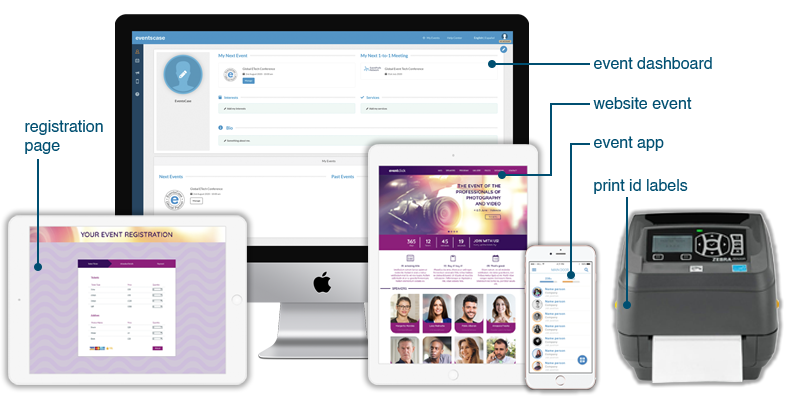Marketers operate in a space that is becoming increasingly reliant on technology. Due to the onset of digital platforms, and the speed at which these go from on-trend to obsolete, event managers should be careful about entrusting their promotion with outdated techniques.
If we were to promote a large-scale event in 2009, most of our time would have been spent trying to reach people through blogs and industry magazines. These days, far more emphasis is placed on social media, paid search and display advertising, each of which see billions in annual spend.
If you’re producing an event marketing plan in 2020, we’d recommend the following as new inclusions.
Social media as a paid-for tool
Advertising on social networks was one of the cheapest strategies going. While you can still promote your event through organic posts (e.g. Tweets, messages to followers of your Facebook page), many are taking to paid campaigns as a way of elevating their brand and message.
The logic is that by only posting to your followers, you’re essentially talking to an existing audience. By paying for the delivery of “sponsored” posts to users of a certain demographic (e.g. 25-30 year olds, living in London, working in IT) you can reach a whole crowd of prospective attendees.
Conversion rate optimisation (CRO)
Though you can probably guess what it means, CRO is about methods of analysing your conversions (in this case, ticket sales) and looking for ways of increasing them.

It focuses on many different areas, including cart abandonment, copy optimisation and your customer journey. Now a key fixture in the modern-day event marketing plan, CRO can help you close gaps between traffic and sales.
Continuous optimisation
While we’re on the topic of optimisation, don’t forget that we’re moving beyond the era of post-event analysis. You’ll need to continually assess your marketing campaigns to see what’s working and what isn’t. This gives you the power of moving spend to high-performing activities whenever you see certain trends in your data.
The key is in measuring everything through real-time analytics. Only then will you have an up-to-date version of your performance.
Google Gallery Ads
If your event marketing plan is lacking in visual elements, you might be interested in a new feature landing on Google in 2020.
“Gallery Ads”, much like carousel ads on Facebook, will give you the option of selecting up to eight images to feature in Google’s search engine results for mobile users. Early tests have shown improved signs of engagement vs standard text ads, so you’ve even more reason to get involved.
Influencers
Like CRO, the term “influencer” will be everywhere in 2020, and a possible new entry for your event marketing plan. Fyre Festival may have been an unmitigated disaster, but its promotion by Emily Ratajkowski and Kendall Jenner showed what can be done through the help of respected voices.

Every industry has its own set of influential figures. Your mission is to find out who they are, and how they can supercharge the promotion of your event.
Personalised email
Email marketing is one of the oldest digital channels. Nevertheless, it still deserves a prime place in your event marketing plan due to your attendees’ everyday use of the inbox.
The big change concerns the way in which you speak to different audiences. Segmentation is absolutely vital, as people now expect communications that have been personalised to their tastes and interests. For example, if I’m a sponsor of your event, I’ll want emails with information about maximising my investment. Communications that are meant for regular attendees, like “exhibitors to meet”, will be irrelevant and possibly a reason not to sponsor next year.
A role for automation
With titans like Facebook and Google continuing to push their idea of automated marketing, you should be looking into ways of embedding their technology in your event marketing plan for a big saving of time.
As ever, the key challenge is in figuring out where this is both useful and effective. We’d consider the sending of post-event “thank you” emails as something that could be entrusted with a robot. However, when it comes to important areas of your paid-ad bidding, you might want a human at the controls.

Brand-building exercises
Due to the increased volume of events, and the ever-growing competition for audiences, organisers are having to work harder to convince people to attend their gathering over a competitor’s.
A lesson learned from the retail industry is to establish a brand. We prefer certain companies because of what they represent. It’s why we buy iPhones and shop at the same supermarket; we have instant recall of what each can offer.
If brand-building exercises have not been included in your event marketing plan, you should find a way of working them in.
Sponsor attention
It’s all well and good attracting sponsors. If you don’t have a way of promoting their presence, it might be the first and last time they back your event.
Commercial relationships are about two things: acquisition and retention. Through personalised email targeting and in-app notifications, you can find a way of connecting your audience (usually the buyers) with sponsors (usually the sellers). Many events include promotional elements within their sponsorship packages – giving them an even better chance of selling.
That’s it for the big changes happening in 2020. If you’d like more advice on building an event marketing plan, don’t forget to check out our blog on strategies for gaining awareness, virality and sales.


